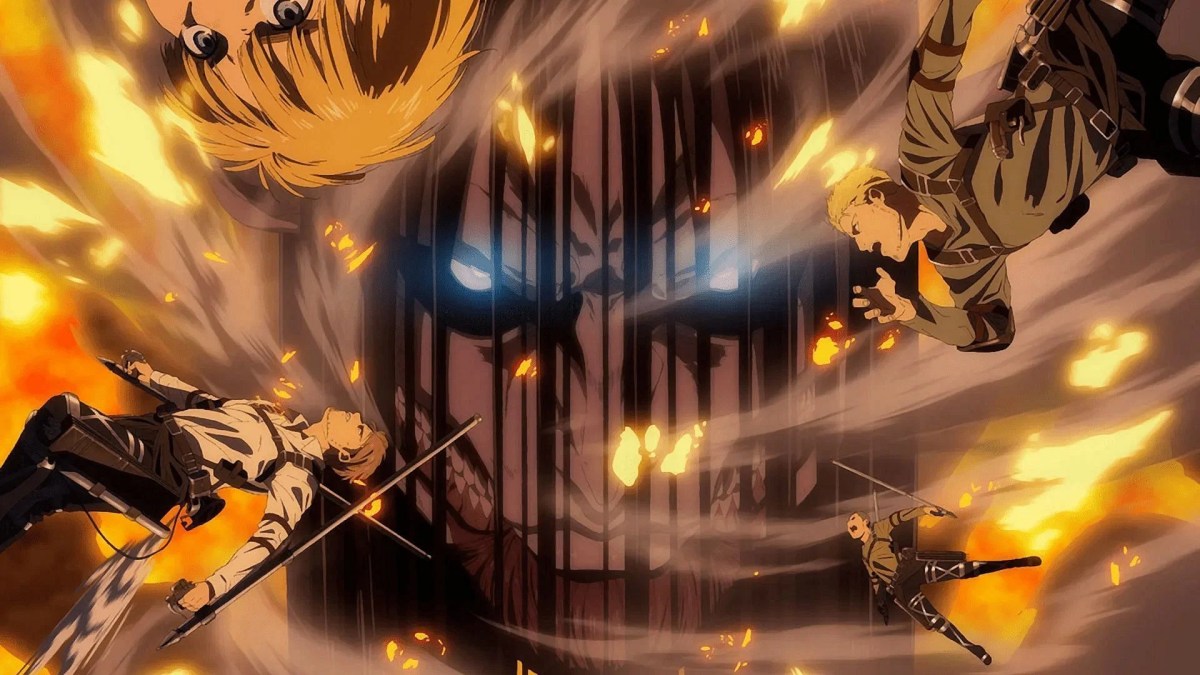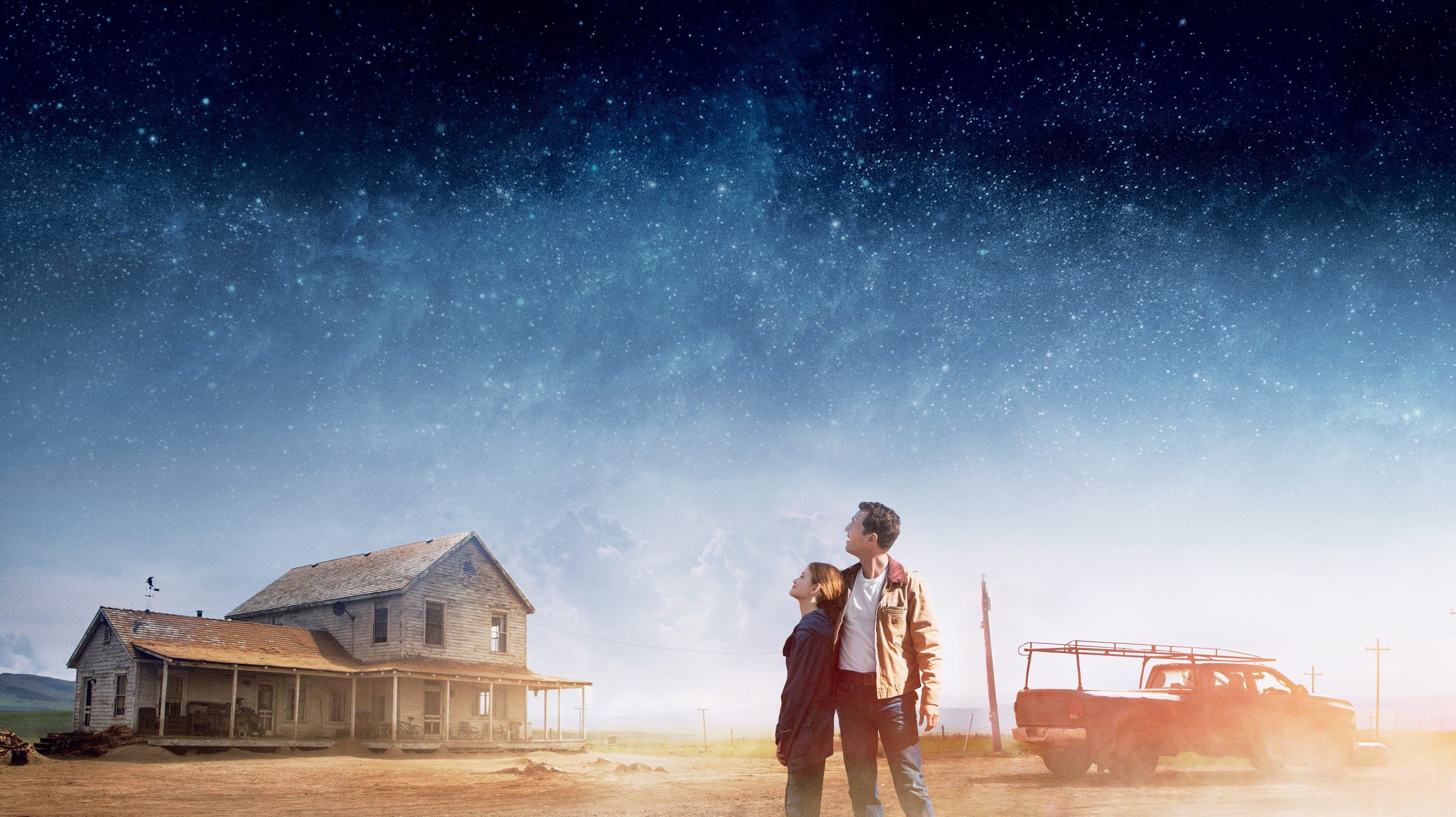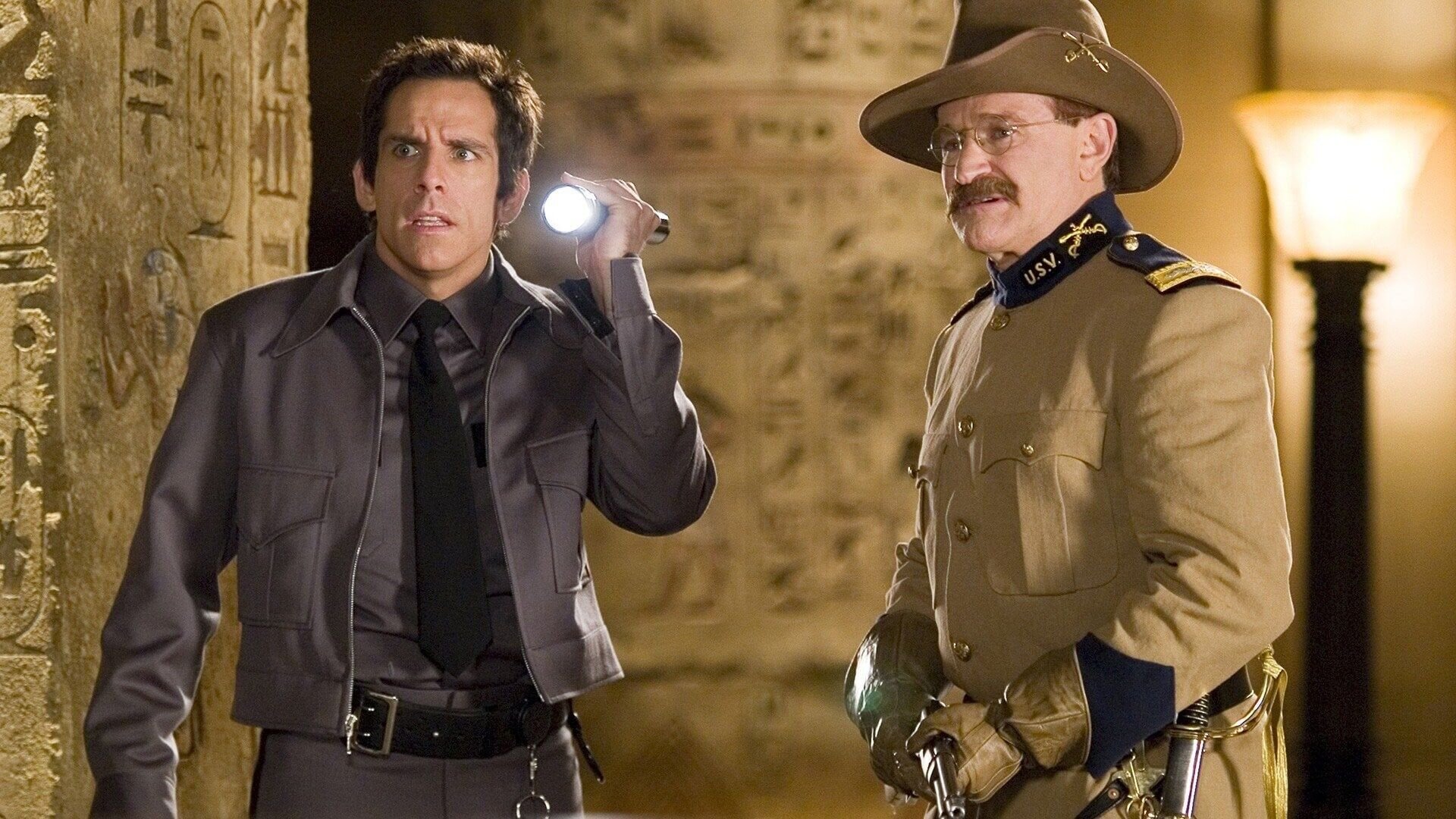Last night, almost the entire world watched the finale of Attack on Titan, without exaggeration, the main anime of our time and one of the best series of all time. “Attack”, which started a decade ago, became the most popular anime, once breaking the Guinness World Record, and also surpassed even the cult “Friends”, “Fargo” and “Twin Peaks” in terms of popularity in the best-of list. It’s also winning over those who don’t consider themselves fans of the genre, according to IMDb. Even though the final episode has the lowest rating of the series so far, we still chalk it up to the disappointment of having to come to terms with the fact that a decade-long journey has finally been completed.
Attack on Titan began as a brutal saga of survival in a world where the remnants of humanity were forced to hide behind high walls from the titans living outside. The latter mindlessly devour people, and therefore the issue of protection from monsters unknown to people is especially acute. This anime does not flirt with the viewer from the first episode and does not even think about leaving the action for “dessert”, immediately revealing that there is no room for pity here. Moreover, in the case of “Attack” this applies not only to titans, whose meaning of life is to eat people, and questions about morality, principles, choices and goals constantly arise before the main characters, whom they have to eat alternately. love and hate.
And even when the ending seems blatantly clear, Hajime Isayame, the author of the manga on which the project is based, pulls a trump card up his sleeve that surpasses everything you’ve bet on before. So one day it turns out that the titans may be intelligent, friends – not what they seem, and initially pure motives to cleanse the world of enemies – are deeply destructive to the eighty percent of humanity who are trampled underfoot by the Colossal Titans with an indifferent gaze. .
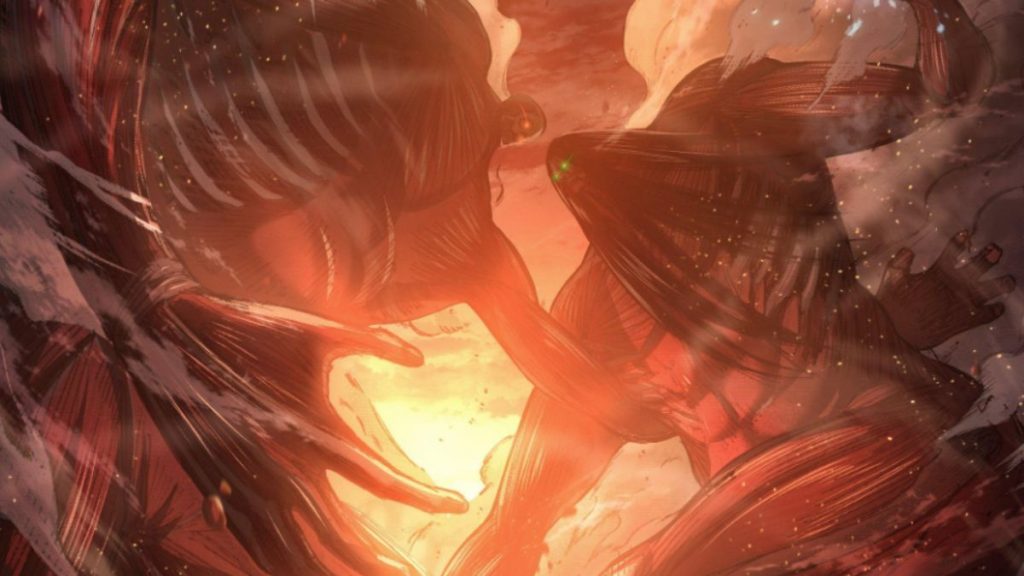
Whether intentional or not, what sticks most strongly in the memory in the final, thirtieth episode of the fourth season are the looks that punctuate passages with dying people and a crying baby.
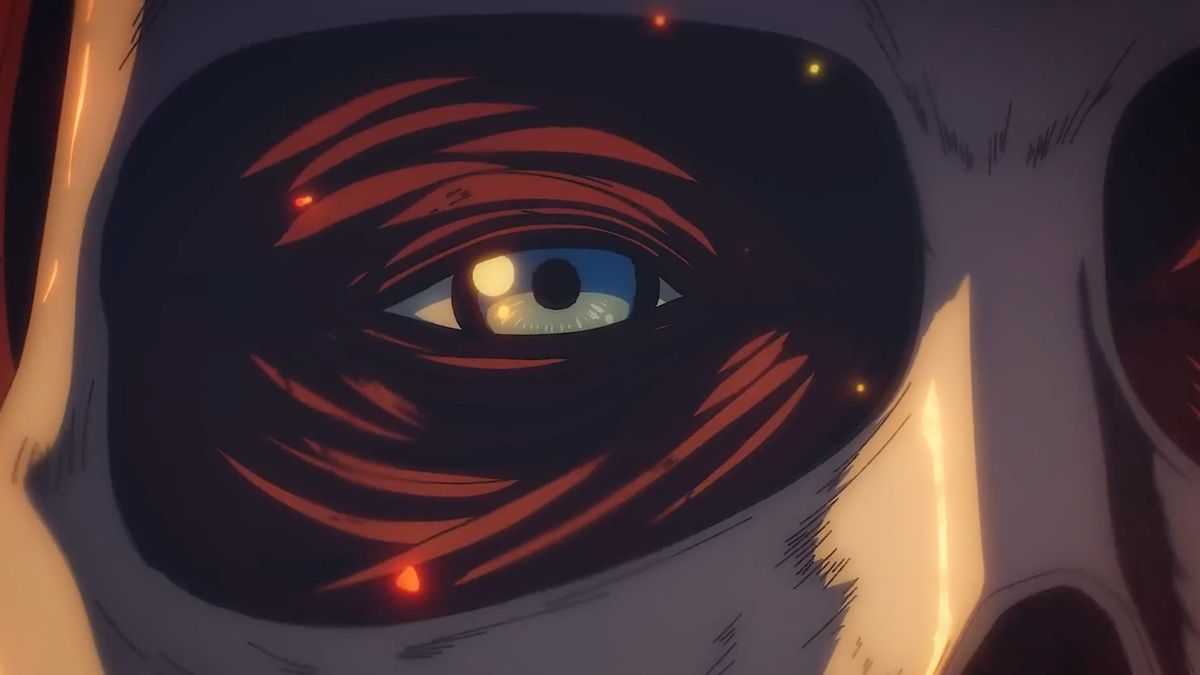
However, all the new plot twists try to win not only thanks to the action, which is enough here – “Attack” also poses the viewer with many philosophical questions that, apparently, can be discussed endlessly. Social inequality, the search for right and wrong, the fragility of human life, references to mythology and even the works of Francisco Goya are just a small part of the topics touched upon by the series. In many ways, one of the main contradictions of this story comes through in the fifth episode of the fourth season, when Eren Yeager says in a conversation with Reiner Braun: “I once believed that everyone abroad was mine. enemy. But now I have crossed the sea, lived under the same roof with you, shared meals with you. There is no difference between us. Of course there are scoundrels here, but there are also good people. Life beyond the sea, life within the walls; it is same in everywhere.”
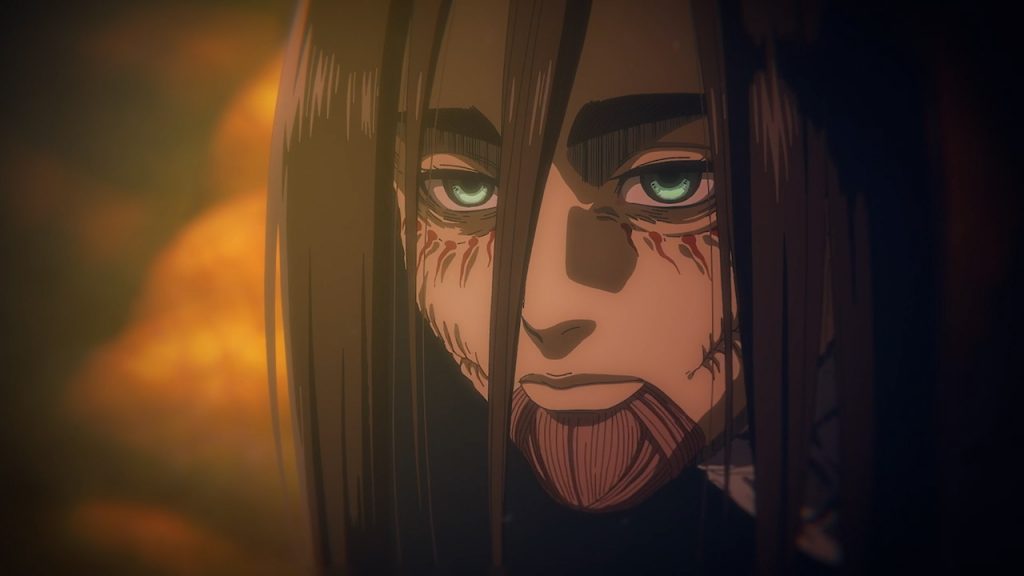
The outcome of four seasons of war suddenly turns into the simple idea that evil only leads to greater evil, that violence begets violence, and that man’s real enemy is only himself.
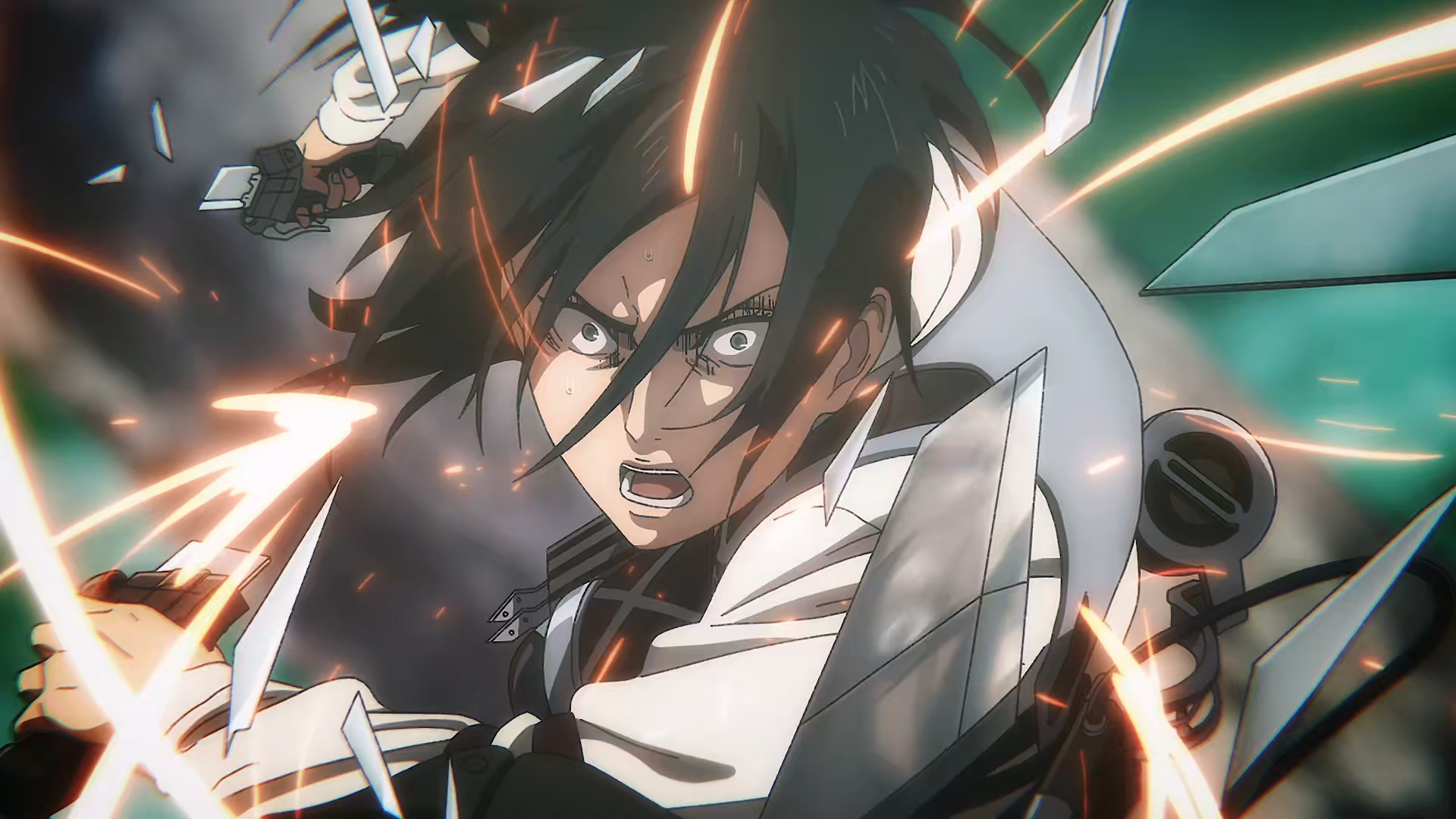
The series, which started as a fantastic action movie with lines about friendship and duty, turned into a serious anti-war drama and raised the question of who is right and who is wrong. And if evoking emotions is the hallmark of a good movie, then Attack on Titan has absolutely no problem with that task. Just as there is no happy ending in the classical sense, but to do it after all these years by all the rules of the genre would be blasphemous and you would lose courage. Continuing the same story about losses, choices, and persecution of the good, “Attack” ends beautifully, without betraying itself, with shots during the credits and a scene afterward, as if implying that history is cyclical and we just choose sides. inside. Being a slave to a love that could destroy the world or sacrificing it in the name of humanity, deceiving or being deceived, blindly making others pay for sins that do not belong to oneself, or endlessly searching for the truth. – Each of the “Attack on Titan” heroes has at one time or another chosen to pass the baton to find answers to these questions for your audience. So for us.
Source: People Talk
Errol Villanueva is an author and lifestyle journalist who writes for The Fashion Vibes. With a passion for exploring the latest trends in fashion, food, travel, and wellness, Errol’s articles are a must-read for anyone interested in living a stylish and fulfilling life.

